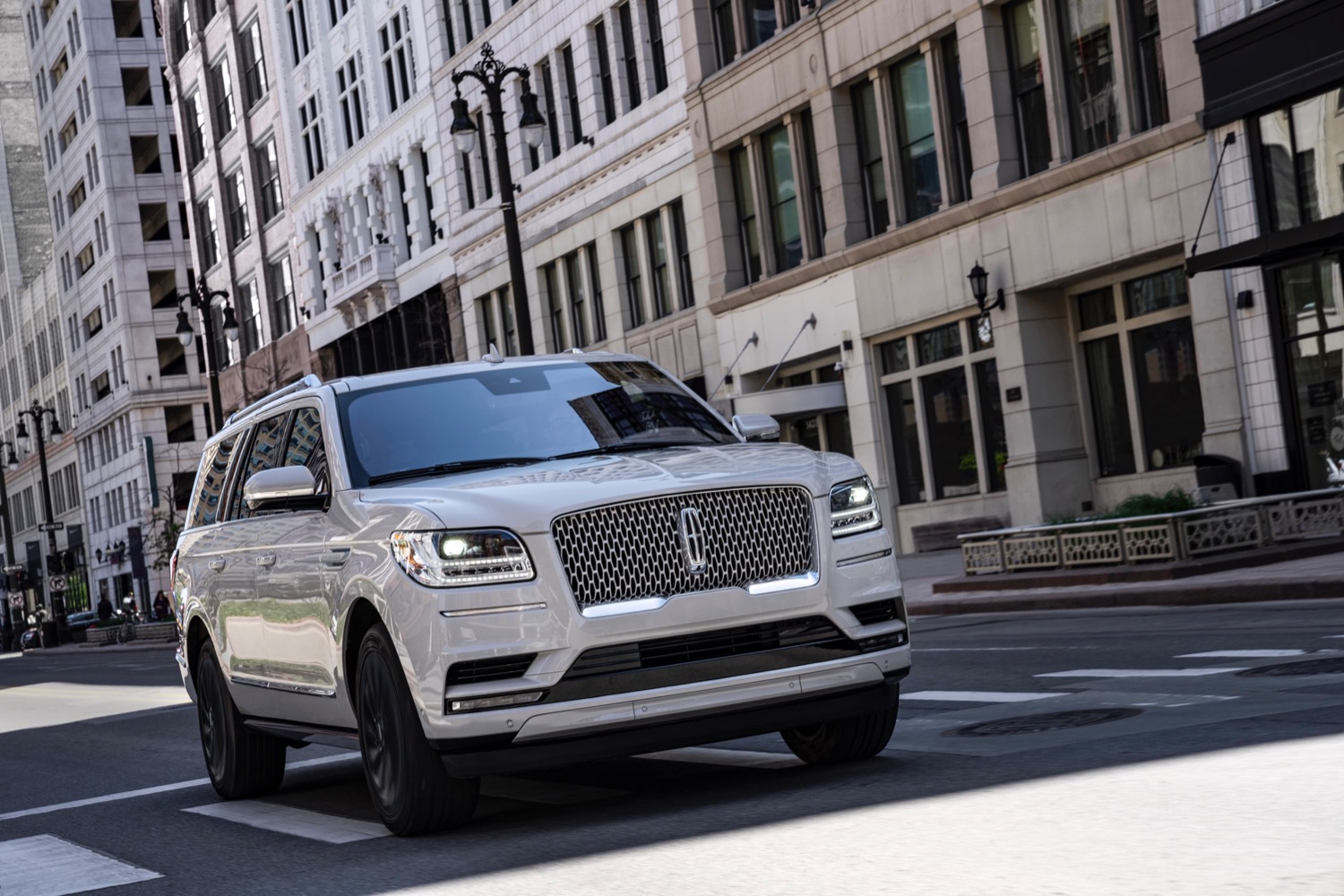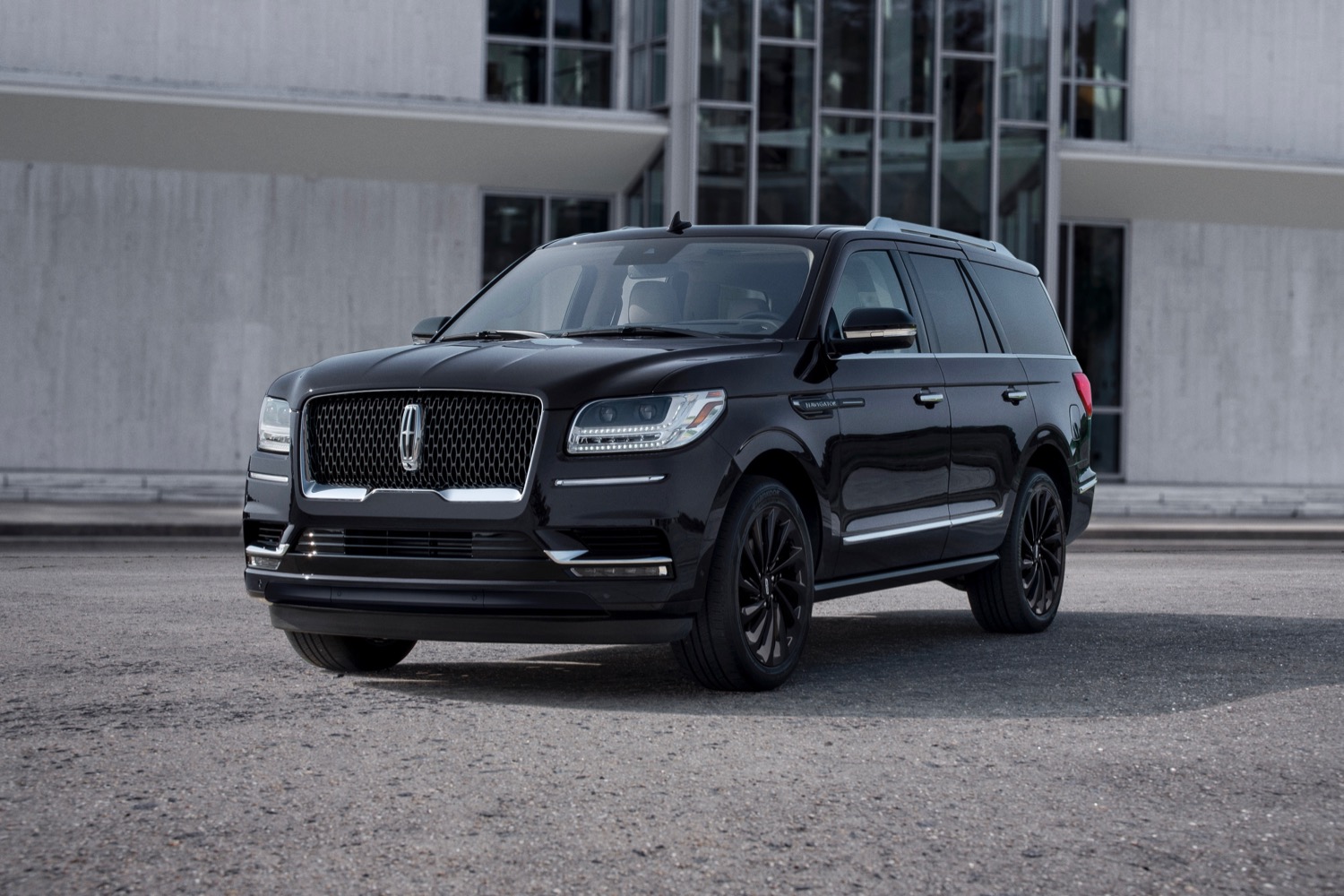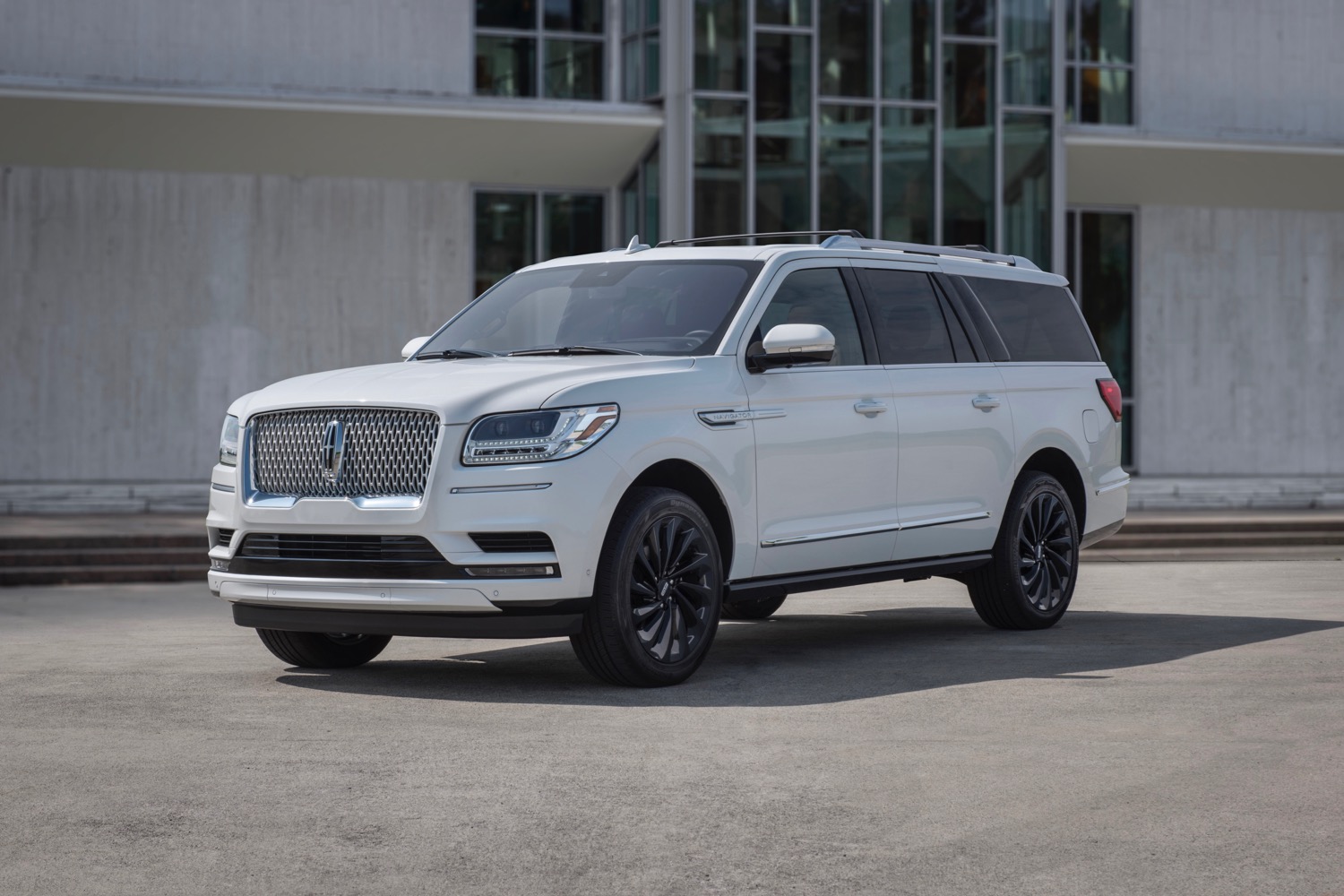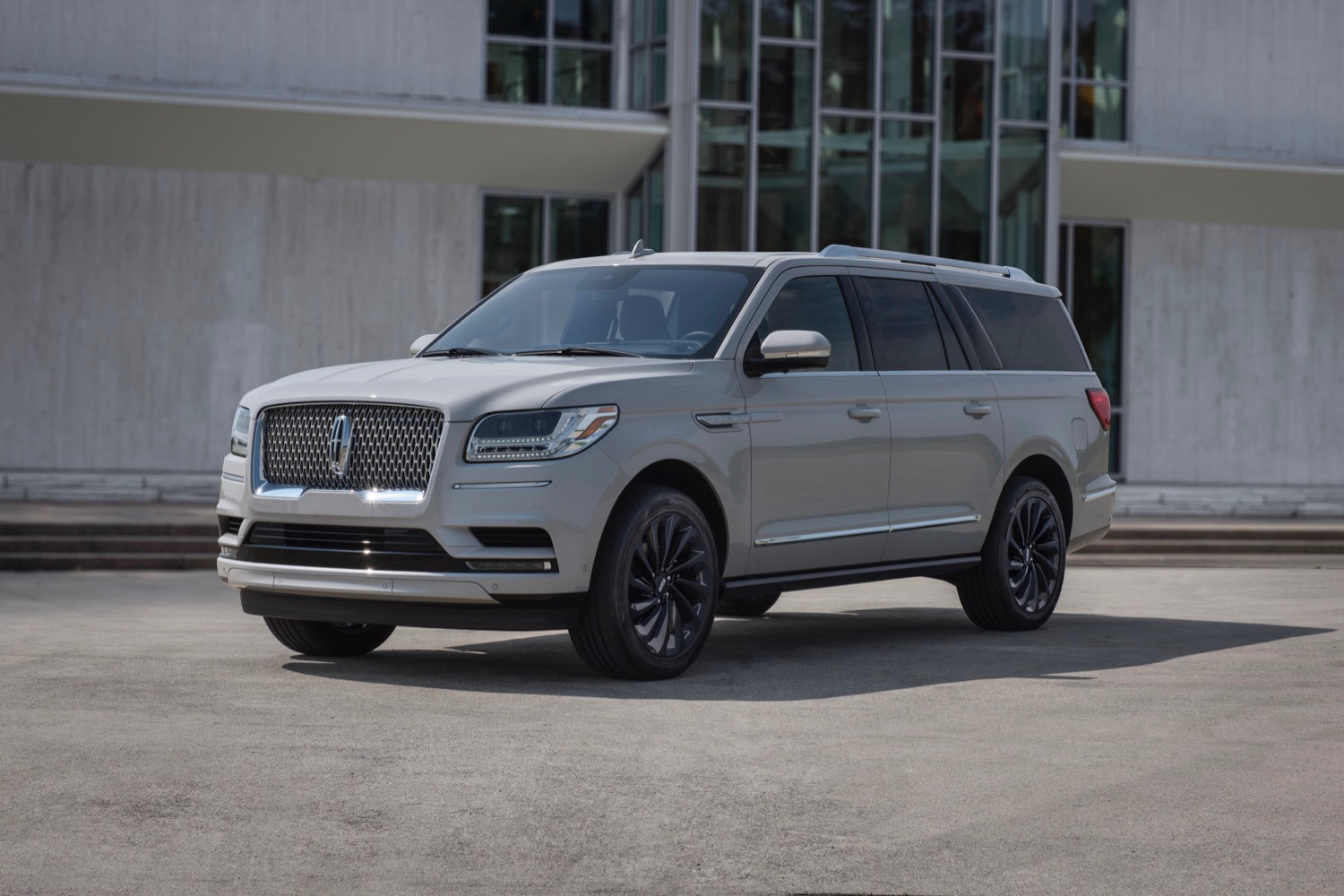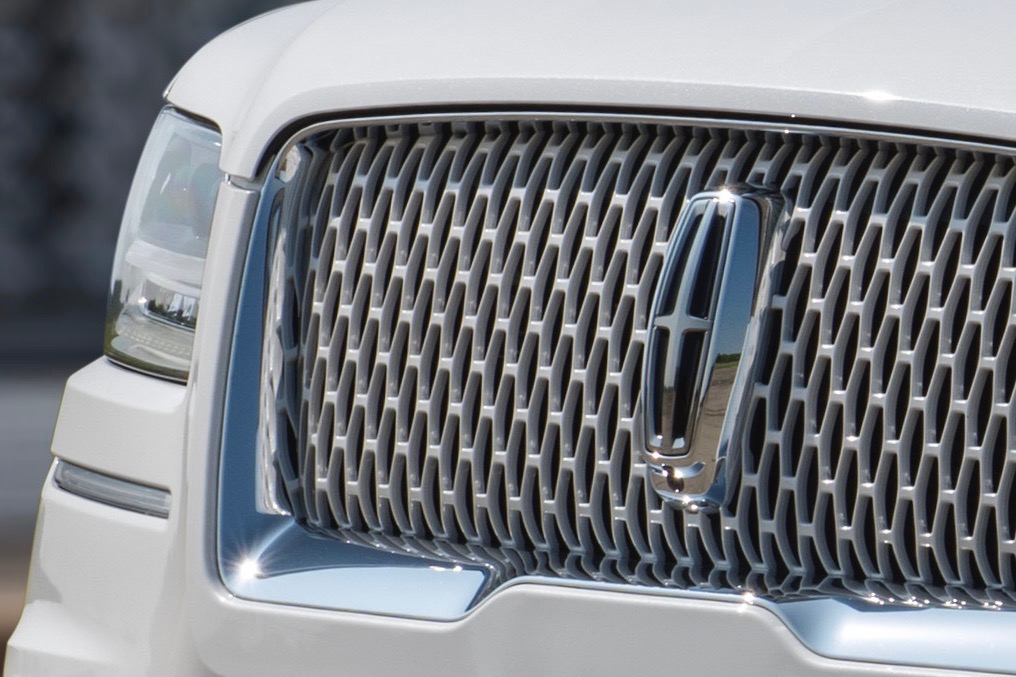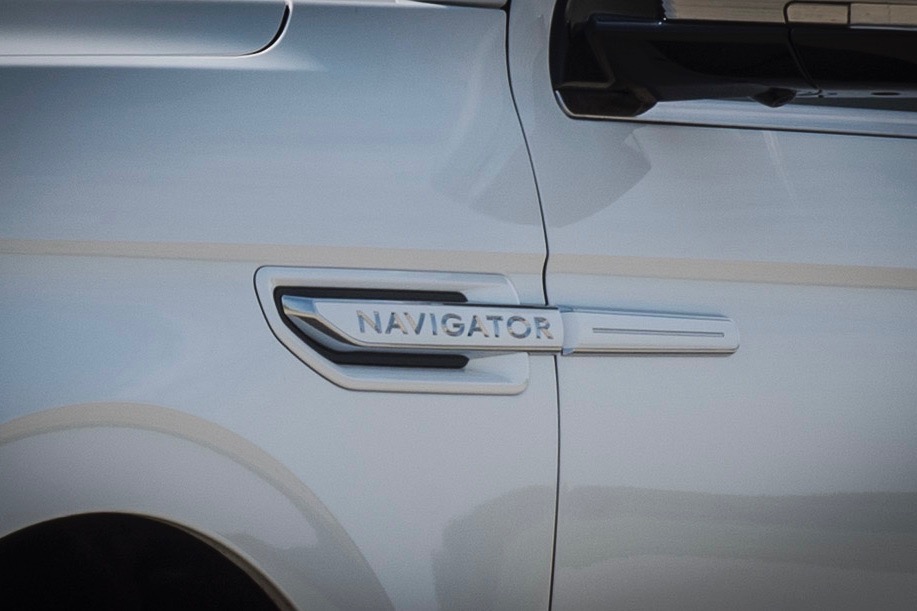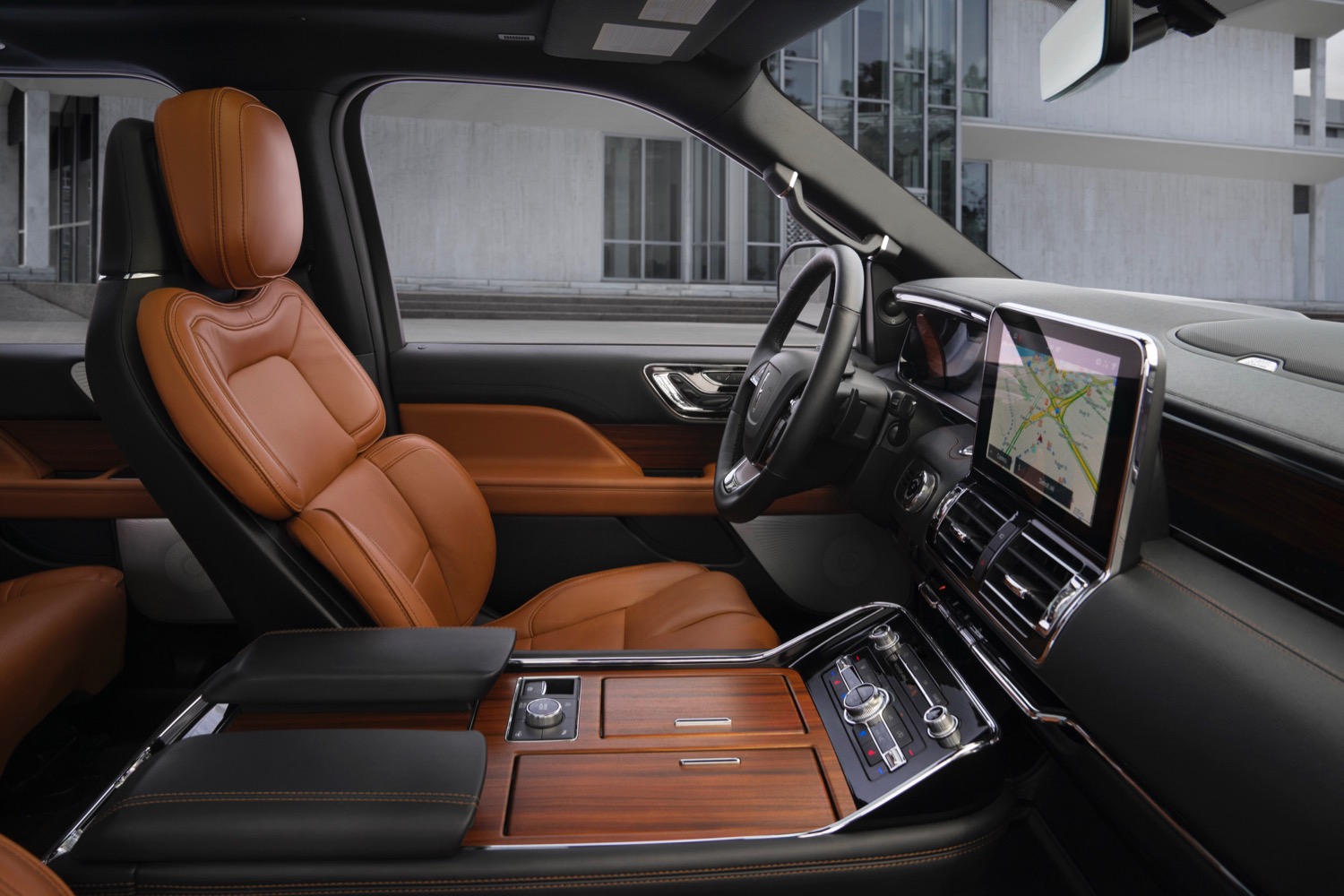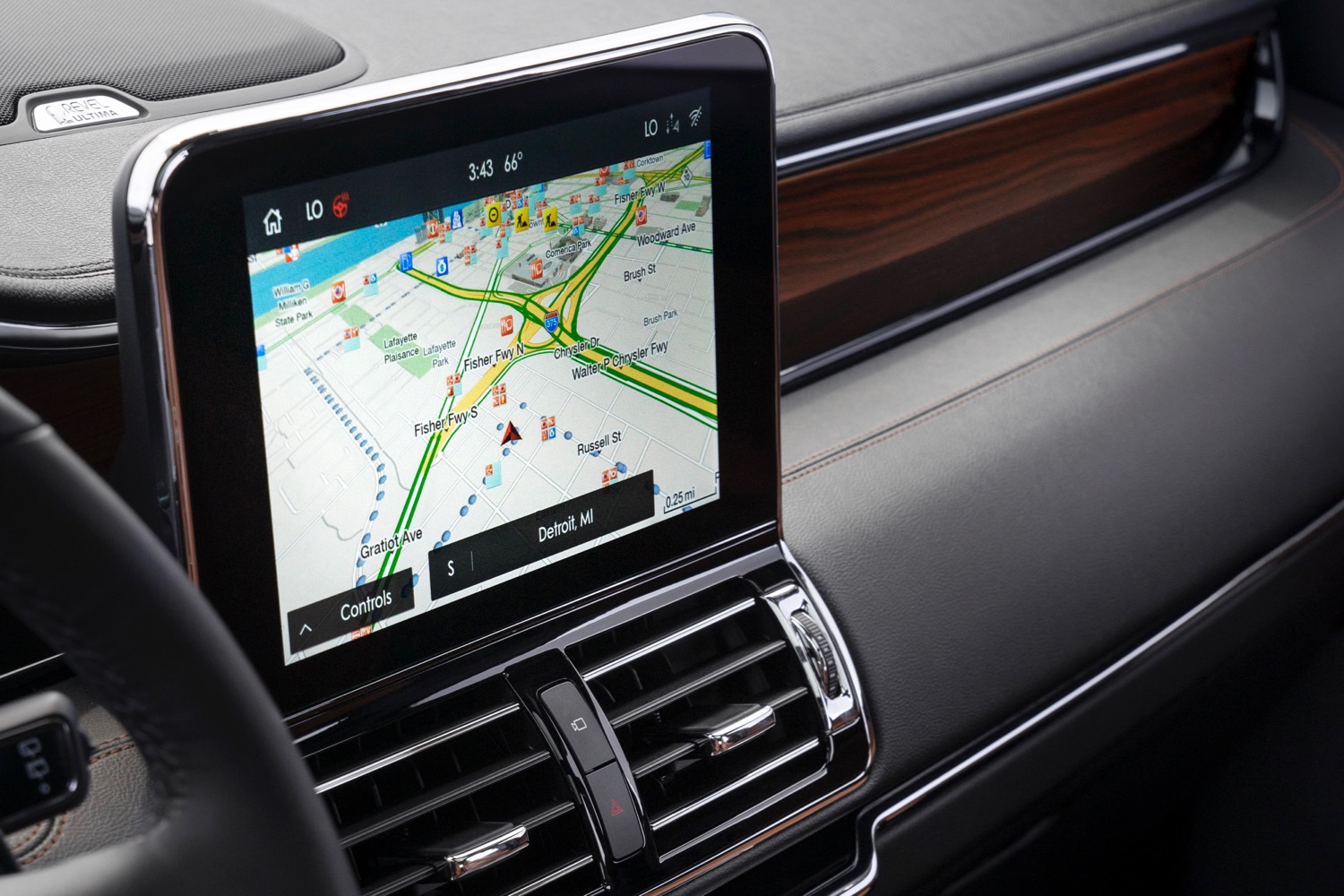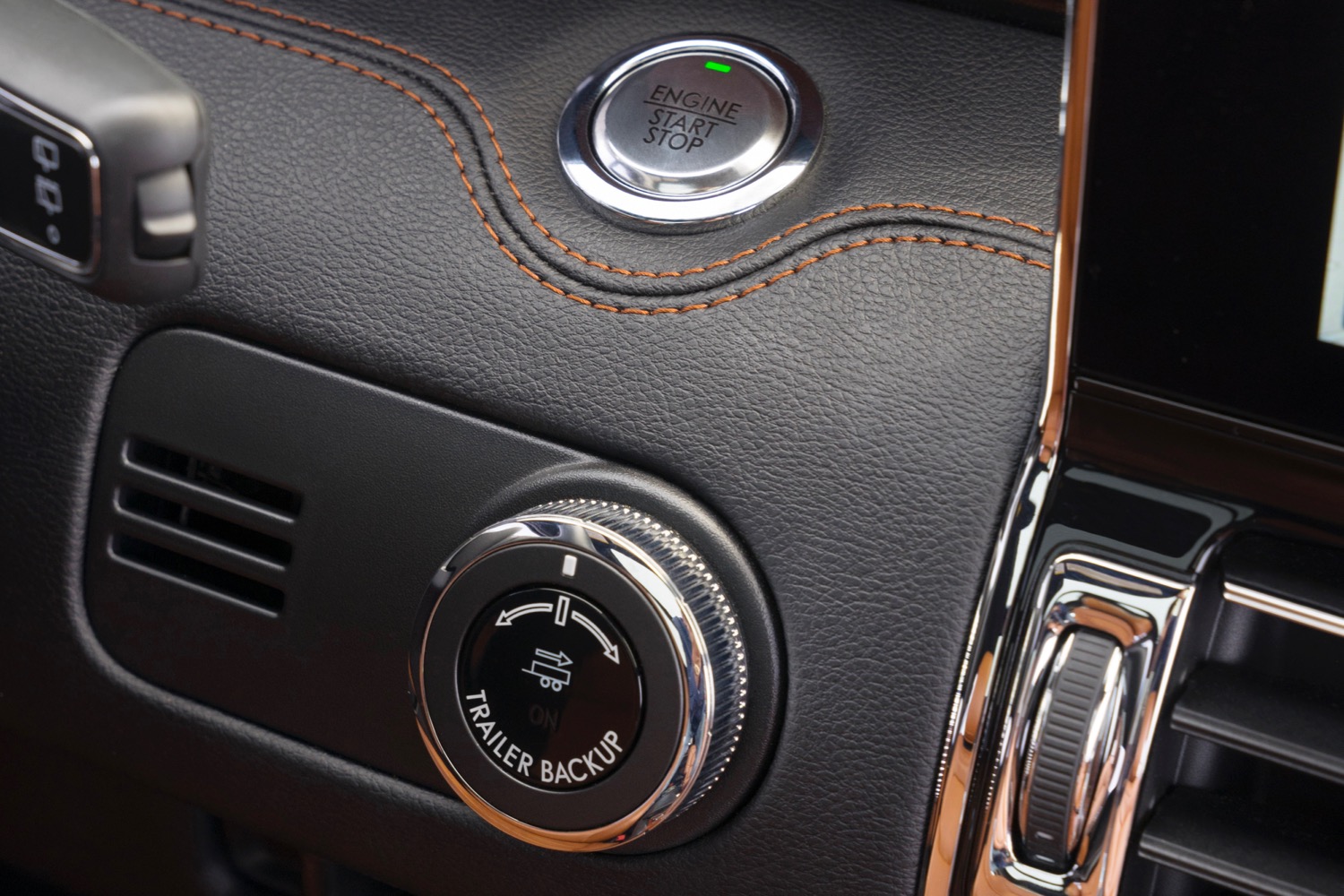The Lincoln Navigator is an impressive slab of luxury that disguises its Ford Expedition roots well and arguably surpasses the Continental as the automaker’s true flagship. The 2020 Lincoln Navigator remains largely unchanged, but does add a new tech feature: The ability to unlock it with your phone.
This phone-as-key tech was first announced for the 2020 Lincoln Aviator, which hasn’t gone on sale yet. The feature, which is standard on the Navigator, allows the driver to lock and unlock the doors, open the tailgate, and start the engine via a smartphone app — no key fob needed. Lincoln isn’t the first automaker to try this. The Tesla Model 3 uses a similar setup, and Hyundai plans to launch phone-as-key tech on the 2020 Sonata later this year. But the tech hasn’t exactly gone mainstream yet.
The 2020 Navigator also gets more standard convenience features than before, including power running boards, heated and ventilated front seats, and wireless phone charging. Some of these features were previously available as optional extras. The Navigator also gets Lincoln parent Ford’s Co-Pilot360 suite of driver aids, including automatic high beams, lane keep assist, autonomous emergency braking, and forward collision warning.
The other major bit of news for the 2020 Navigator is a trio of “Monochromatic” styling packages, including Pristine White, Ceramic Pearl, and Infinite Black. Each uses multiple variations of the same color for trim pieces, rather than multiple contrasting colors. It’s an idea borrowed from current fashion and home decor trends, which is fitting given that the Navigator is already bigger than some New York City apartments.
Lincoln did not mention any mechanical changes, so expect the Navigator to continue with a single powertrain option for 2020. The 3.5-liter twin-turbocharged EcoBoost V6 and 10-speed automatic transmission are shared with the Ford F-150 Raptor performance pickup truck. The V6 produces 450 horsepower and 510 pound-feet of torque. Like the Ford F-150 and Expedition, with which it shares DNA, the Navigator has an aluminum body to save weight. The material cuts around 200 pounds compared to a conventional steel body, according to Lincoln.
The 2020 Lincoln Navigator rolls into dealerships in November. Pricing will be announced closer to the launch date.
Editors' Recommendations
- Android 13 is here, and you can download it on your Pixel phone right now
- Your iPhone can now guide you to your lost AirPods Pro
- Uncanny Face ID mask can deter the spread of germs, but won’t unlock your phone
- Samsung has an invisible keyboard that you can use with your phone
- AMD’s Adrenaline 2020 now lets you stream PC games directly to your phone
